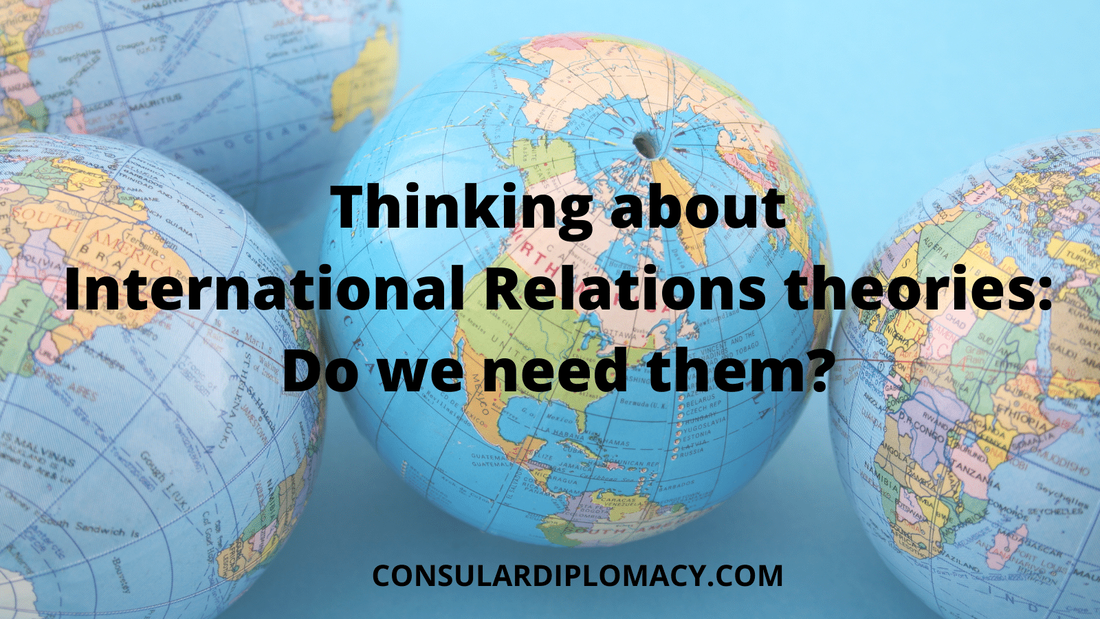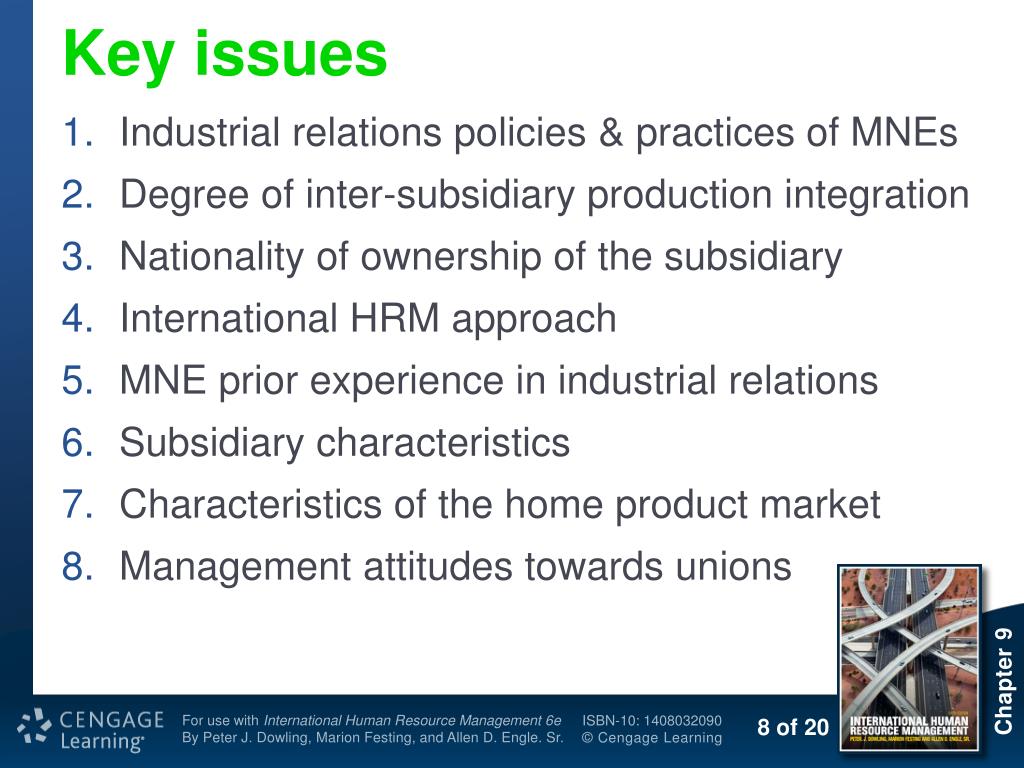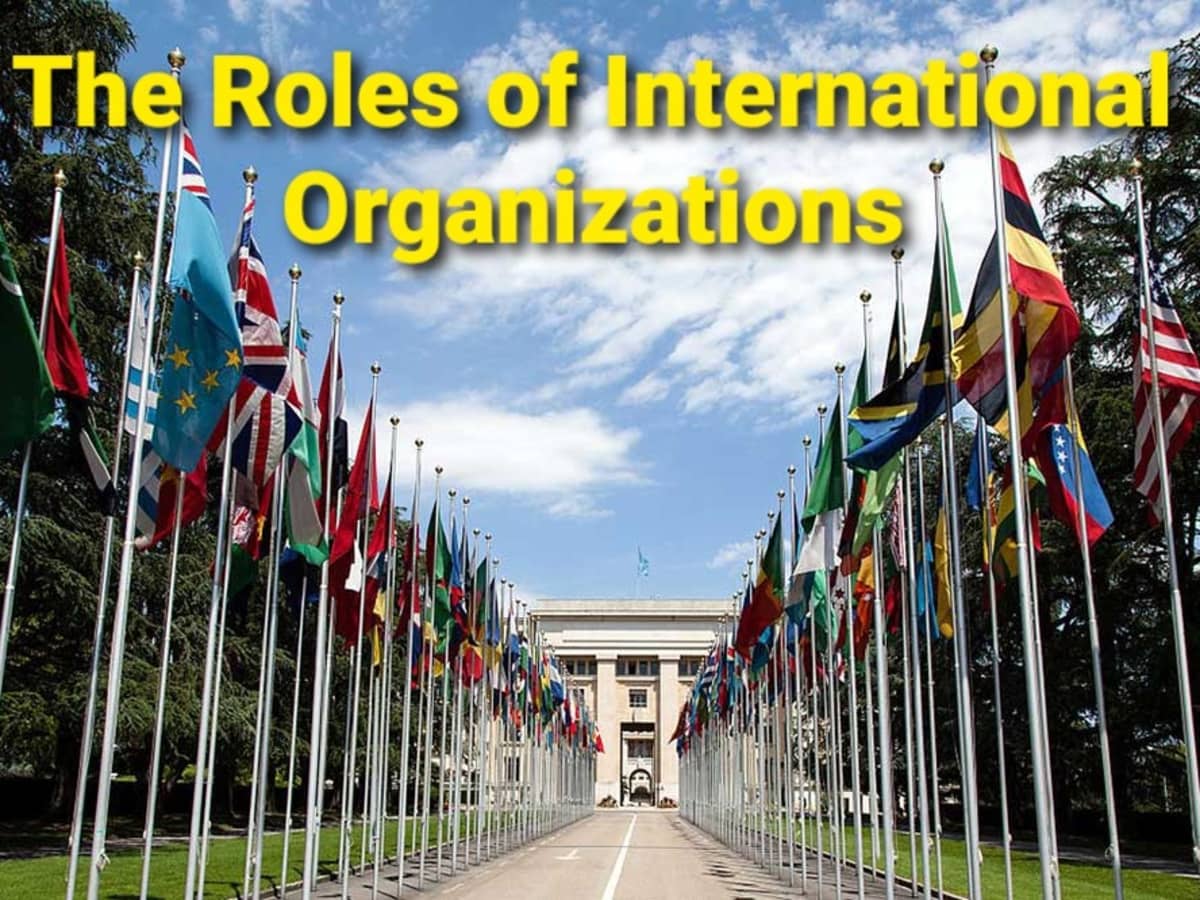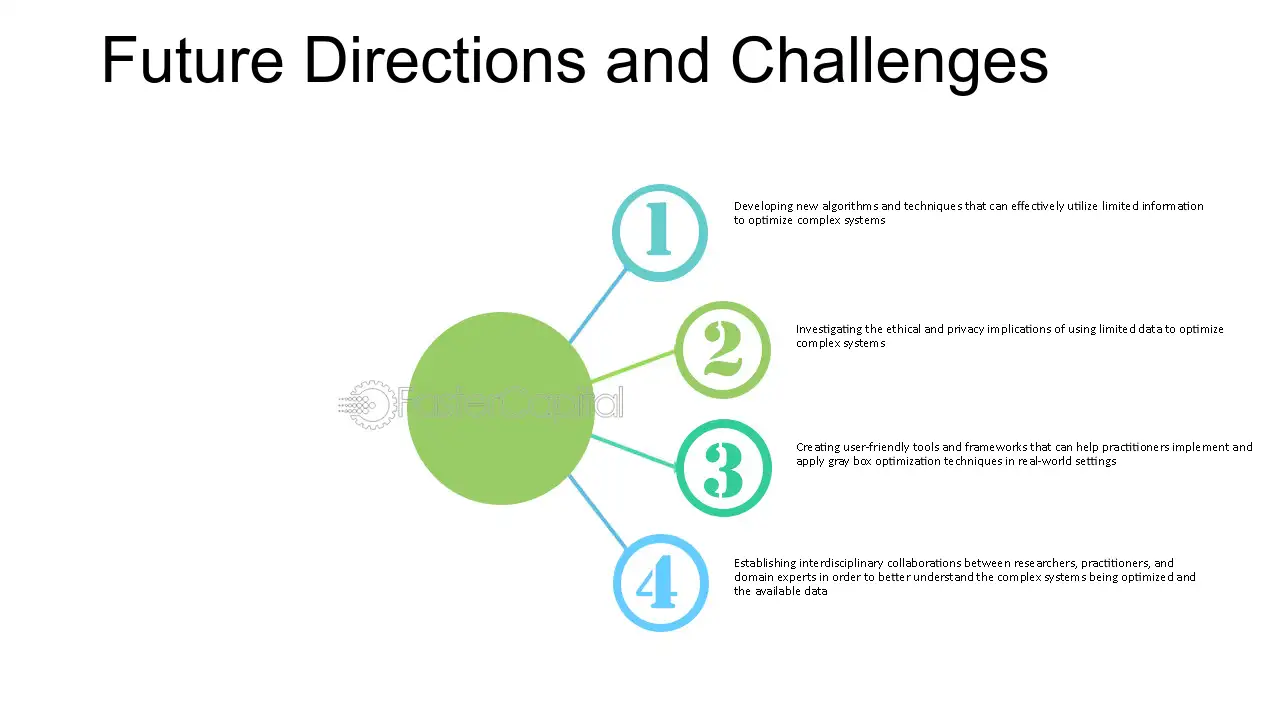International relations (IR) is a field of political science that studies the interactions among various entities, primarily sovereign states, but also international organizations, non-governmental organizations (NGOs), multinational corporations, and individuals. These interactions can encompass diplomacy, conflict, trade, human rights, environmental issues, and global governance, among other topics. As globalization intensifies, the importance of understanding international relations grows, affecting everything from economic policies to global security.
Historical Context
The study of international relations dates back centuries, but it became a distinct academic discipline in the early 20th century, particularly after World War I. The devastating impacts of the war led to the establishment of the League of Nations, an early attempt at global governance aimed at preventing future conflicts. Although the League ultimately failed to prevent World War II, it laid the groundwork for the creation of the United Nations (UN) in 1945, which remains a central institution in international relations today.
Theories of International Relations

Several theories offer different lenses through which to understand international relations:
- Realism: This theory posits that the international system is anarchic, meaning there is no overarching authority above states. States are primarily concerned with their survival and act in their own self-interest, often leading to power struggles and conflicts.
- Liberalism: In contrast to realism, liberalism emphasizes the potential for cooperation among states. It highlights the importance of international institutions, economic interdependence, and the spread of democratic values in promoting peace and stability.
- Constructivism: This theory focuses on the social construction of international politics. It argues that the key structures in the state system are not material but are inter-subjective and ideational. Norms, identities, and discourses shape state behavior and the nature of international relations.
- Marxism: Marxist theories of international relations view global politics through the lens of economic structures and class relations. They emphasize the role of capitalism and economic exploitation in shaping global power dynamics.
Key Issues in International Relations

- Global Security: Issues such as nuclear proliferation, terrorism, and cyber warfare dominate contemporary security concerns. Organizations like NATO and treaties such as the Non-Proliferation Treaty (NPT) are pivotal in addressing these threats.
- Economic Relations: Global trade, international finance, and economic development are crucial components of international relations. Institutions like the International Monetary Fund (IMF), World Bank, and World Trade Organization (WTO) play significant roles in regulating and facilitating economic interactions.
- Human Rights: The promotion and protection of human rights are central to many countries’ foreign policies and international organizations like the UN. Issues such as gender equality, refugee rights, and the prevention of genocide are persistent challenges.
- Environmental Issues: Climate change, biodiversity loss, and sustainable development are increasingly vital concerns in international relations. Agreements such as the Paris Agreement highlight the global effort to address environmental challenges.
- Global Health: The COVID-19 pandemic underscored the importance of international cooperation in health. Organizations like the World Health Organization (WHO) are crucial in managing global health crises and promoting public health.
The Role of International Organizations

International organizations facilitate cooperation, establish norms, and help manage conflicts among states. The United Nations, with its various specialized agencies, is the most prominent, playing a critical role in peacekeeping, humanitarian aid, and international law. Other regional organizations, such as the European Union (EU), African Union (AU), and Association of Southeast Asian Nations (ASEAN), also significantly impact regional and global politics.
Challenges and Future Directions

International relations face numerous challenges, including rising nationalism, geopolitical rivalries, and the impacts of climate change. The rise of China, tensions between the United States and Russia, and conflicts in the Middle East are reshaping global power dynamics. Additionally, technological advancements and the digital revolution are creating new arenas for international competition and cooperation.
The future of international relations will likely involve adapting to these changes while striving for a more inclusive and sustainable global order. Enhancing international cooperation, strengthening global governance, and addressing the root causes of conflict and inequality are essential steps towards a more peaceful and prosperous world.
Conclusion
International relations is a dynamic and multifaceted field that encompasses the study of how states and other global actors interact. Understanding its complexities is crucial for navigating the challenges of our interconnected world. As the global landscape continues to evolve, the principles and practices of international relations will remain fundamental in shaping our collective future.




